Based on professional experience, it is evident that many entrepreneurs and executives are overly engrossed in the day-to-day operations of their businesses. Consequently, they often allocate insufficient time to fostering sustainable growth of their business. Numerous professional articles emphasise the potential pitfall where entrepreneurs and executives prioritise working in their businesses rather than on them.
Do you share a similar perspective or do you also observe such patterns within your company? Do you want to deal more intensively with this topic and prepare yourself and your company for the enormous challenges of the 21st century?
By using the Enterneering® App and dealing with systemic enterprise development you have taken the first step towards more effectiveness and resilience. Get a comprehensive overview by securing access to our Enterneering® App, which features top-class content. Our core focus is ENTIRELY on successful Enterneering®. Our mission is to serve entrepreneurs, founders, and executives in the best possible way to enable them to work successfully 'on' their companies.
The difference between working IN and working ON the business
Many entrepreneurs tend to work more in rather than on their company. An excessive amount of their time is taken up by day-to-day responsibilities that should be delegated to others. As a result, they are left with limited time for sustainable business development, and without these crucial top-level activities, the business is more likely to fail during its growth phases.
To better understand the difference between working IN and working ON your business, please refer to the table below for some examples of tasks that represent 'working IN your business' and 'working ON your business'.
| Working IN Your Business | Working ON Your Business |
| Customer and sales discussion | Strategic planning, Mission, Vision |
| Managing development projects | Improve learning and education |
| Paying invoices, billing | Setting change goals |
| Dealing with operational conflict | Automating processes, digitalization |
| Supervision of staff | Talking with investors or coaches |
| Attending team meetings | Executive leadership, motivation |
Who actually runs your business when you are occupied with the tasks of others?
Do you still spend a lot of time working on concrete tasks, projects, customers, or contracts - essentially working ‘in’ the business? Or is your work predominantly ‘on’ the business, like on strategic partnerships, more complex structures, future corporate organisation, and most importantly, on the soft elements of people and culture?
How to work ON your business effectively?
1. Effective Delegation
Delegation is a difficult yet essential activity and is vital when it comes to business growth. Successful delegation needs to be learned and trained. Especially for young executives or founders, it is often not easy to step back from being the best technician in the house. It is a transition towards becoming an entrepreneur. Entrepreneurs who do everything themselves and work long hours often find it impossible to take breaks, go on a holiday, and most importantly, allocate time to work on their business. The sooner you master the art of being an effective leader, the sooner you will attain sustainable success. There are countless qualification offers on the subject of 'delegating effectively'. Coaches or sparring partners can help you in this regard.
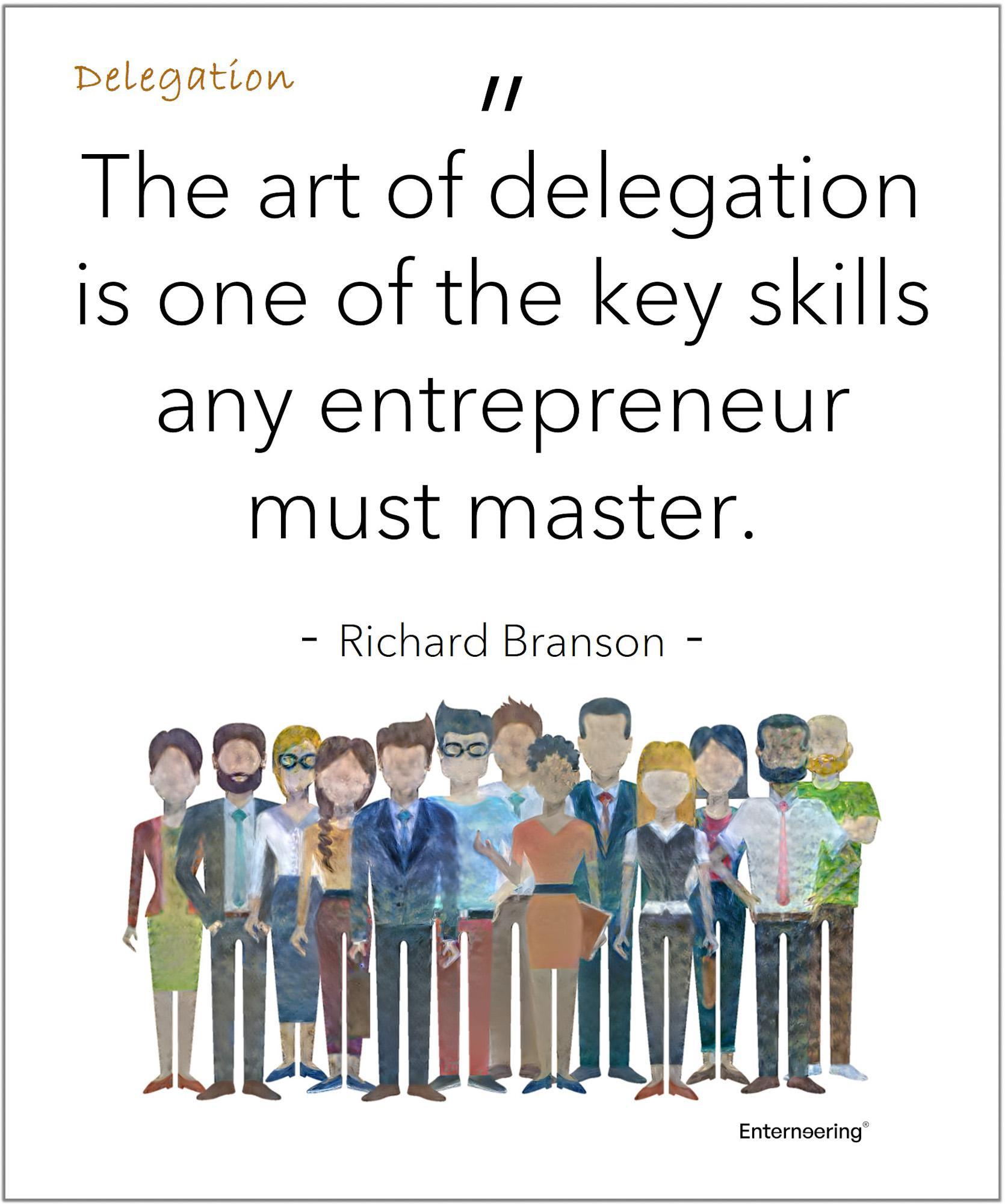
2. People Management
Ensure that the most qualified individuals are assigned to their respective roles and empower them adequately to perform their tasks effectively and efficiently. Provide your staff with a clear understanding of the purpose and goal of the company. Make sure that the people in your company identify with the company's strategy and encourage continuous training. Successful people management is more important than ever and has changed significantly in recent times. Find suitable individuals and counsel for your people management.
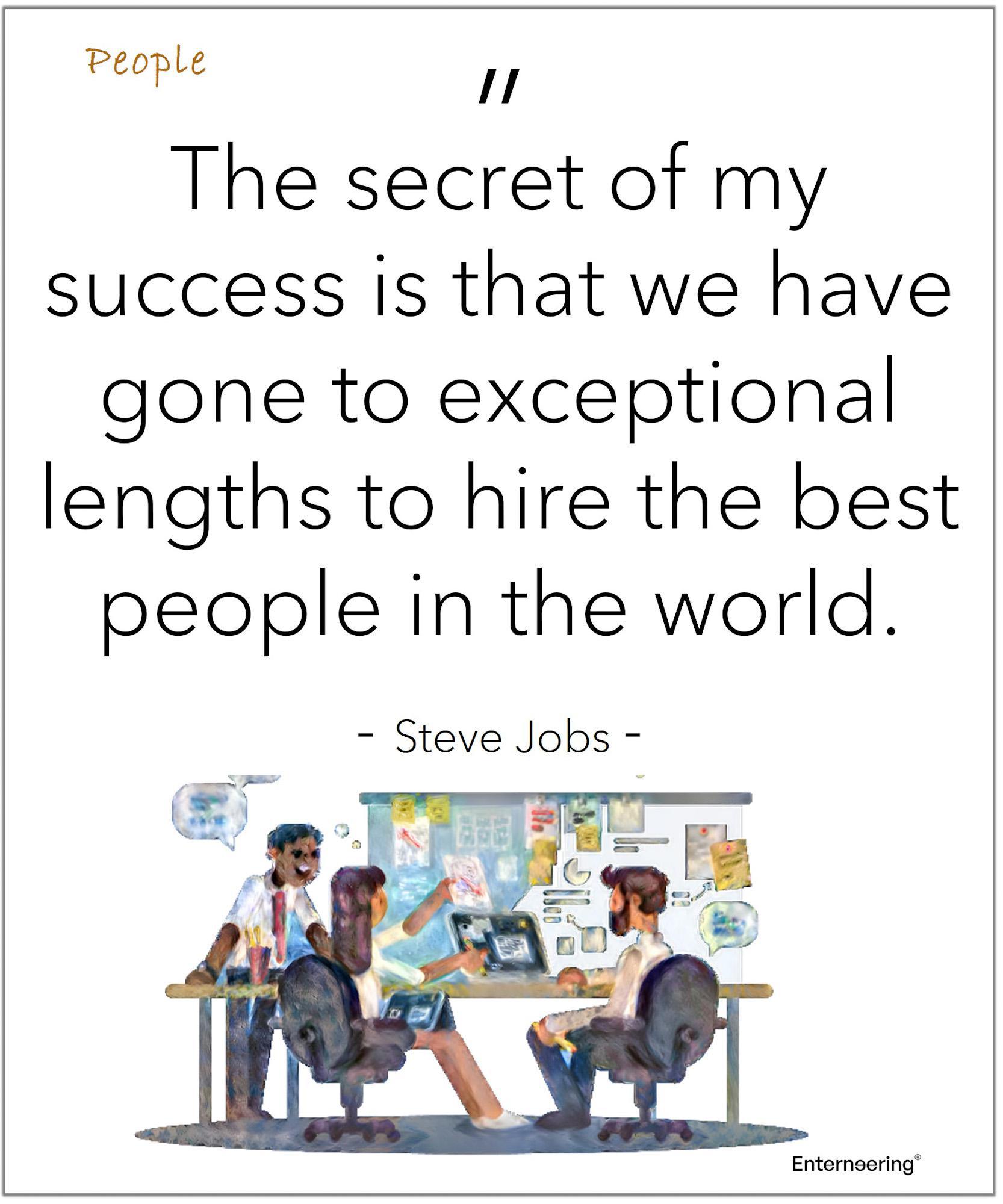
3. Strategy with Plan and KPI
The elementary tools of a well-managed company include the classic elements of mission, vision, and strategy. But be careful, here authenticity and professionalism are more important than textbook phrases or consultant-generated slides. In addition, there is a need for an appropriate operationalisation of your corporate strategy so that the strategic goals and results can be translated into real action measures and measurable success variables. It is important to be able to measure the progress and success of your strategic planning through suitable key performance indicators (KPIs).
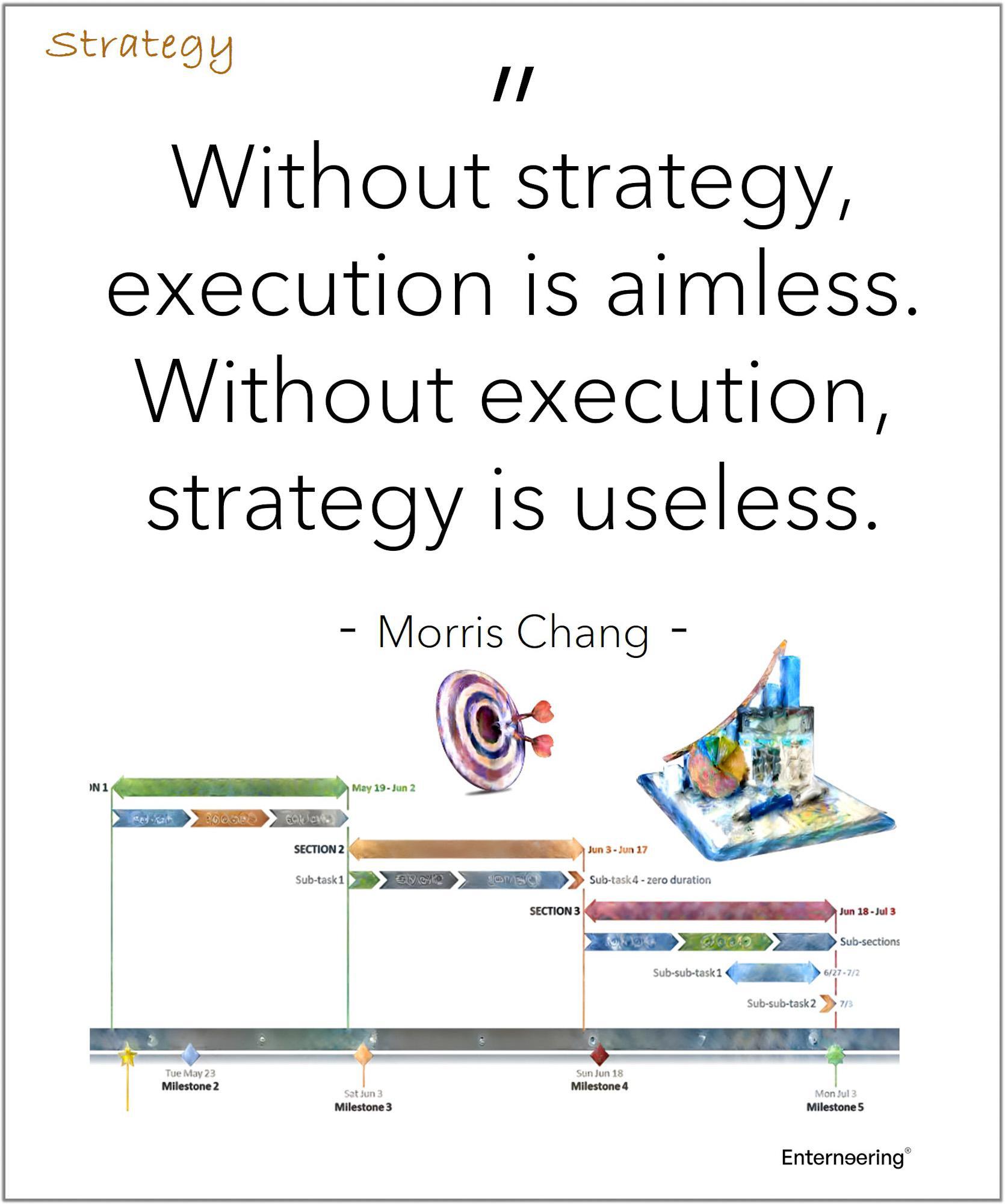
4. Time to think, learn, and improve
Demand and promote awareness of the significance of learning and improvement time. Use the metaphor of 'sharpening the axe' to make it clear to yourself and the workforce that such times are part of working time and have at least the same value as fulfilling customer orders. Define and stimulate a targeted search for improvements, including strategies to increase your competitive position, reduce technical debt or cost drivers, and eliminate causes of errors.
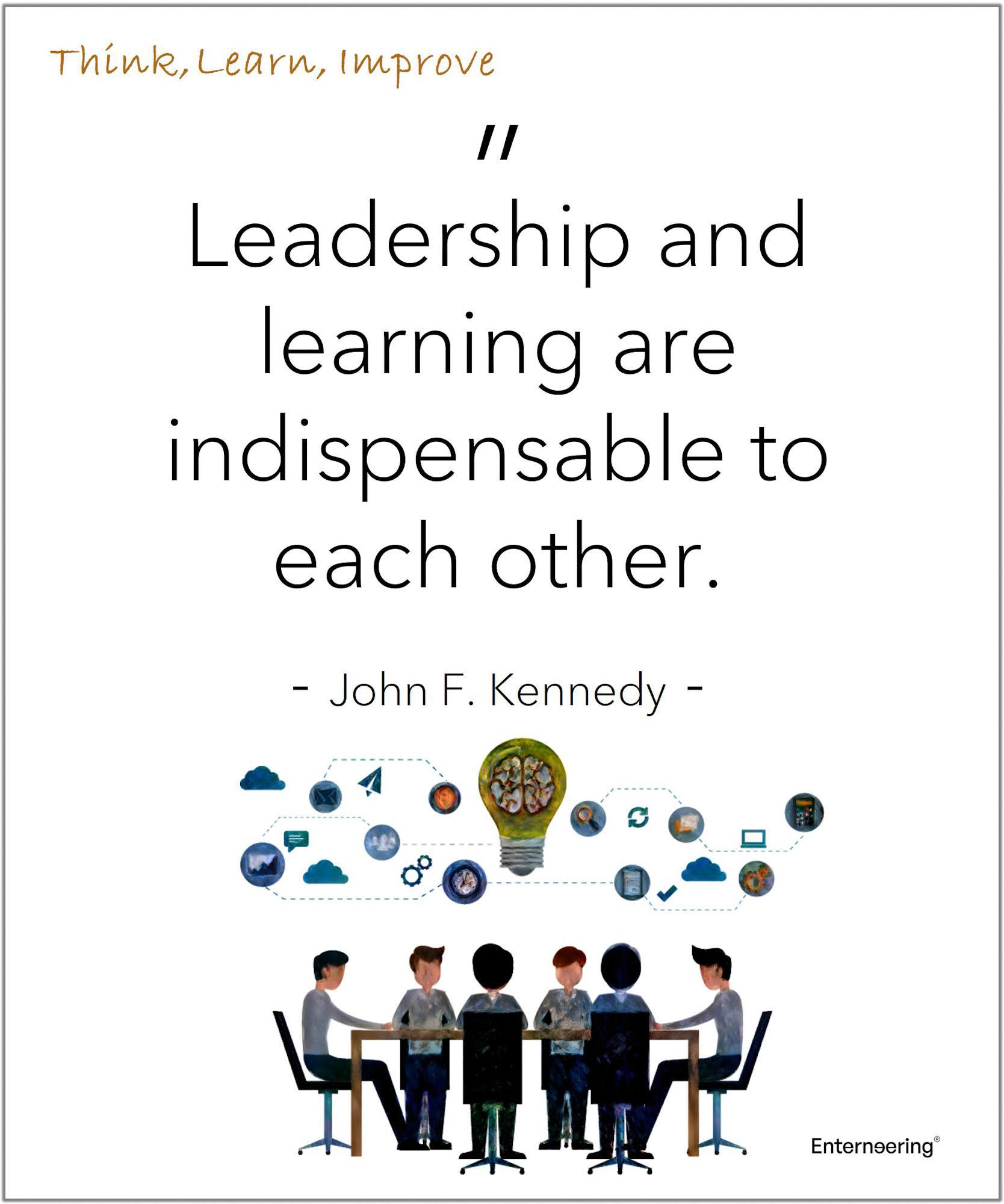
5. Stop Firefighting and Micromanagement
Exercise self-discipline when faced with problem situations or misunderstandings in the organisation or individual projects. Instead, encourage a professional and transparent approach, entrusting those directly responsible to take the lead. Offer your support as a sparring partner or advisor, while retaining operational responsibility within the sphere where the issue originated.

6. Leadership and Culture
Entrepreneurs and executives who excel in the above-mentioned points and set a commendable and authentic example automatically create a positive development of corporate culture. In such cultures, operational management is quickly replaced by a comprehensive leadership approach at the top of the company.
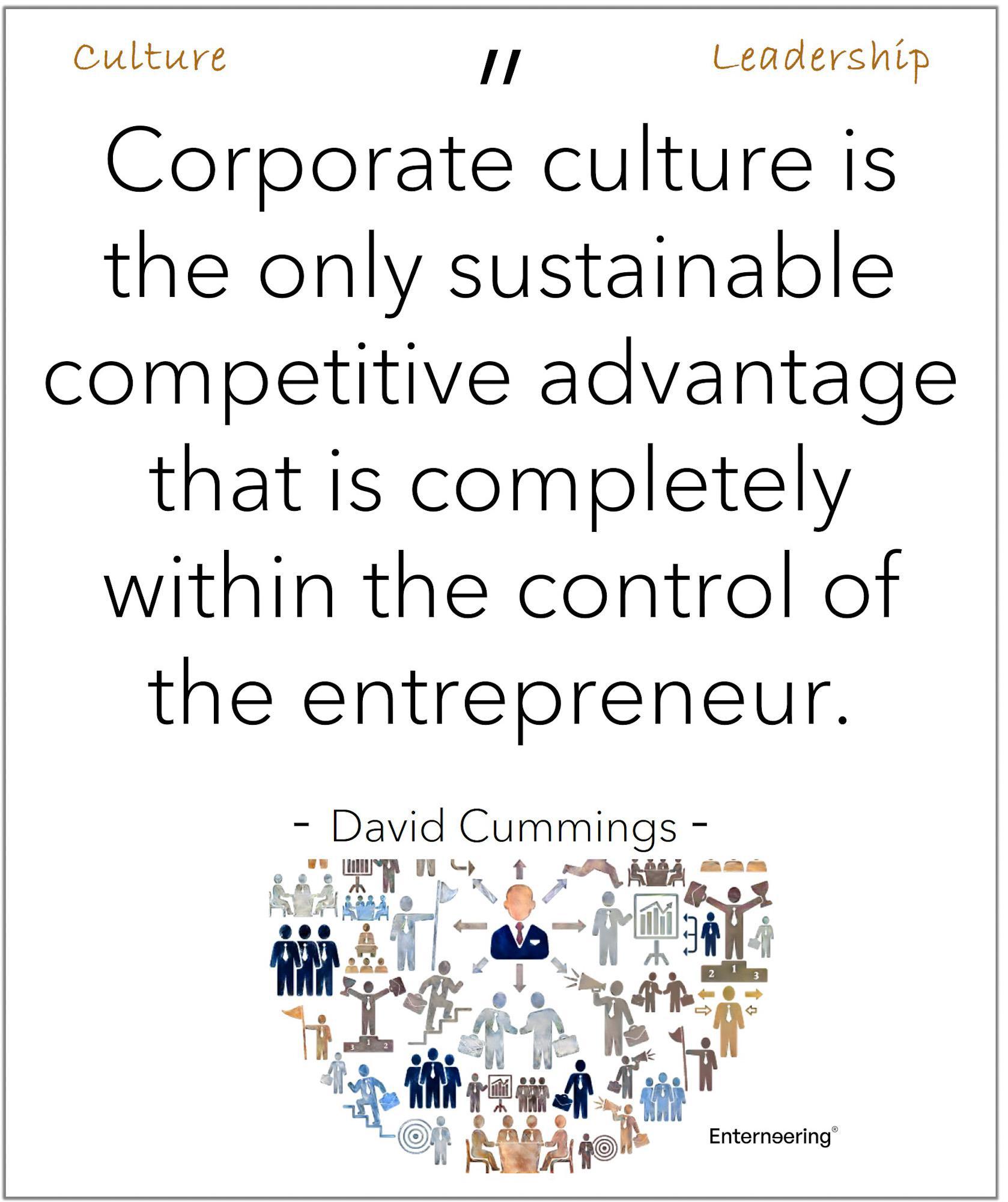
7. Corporate Organisation
To ensure the successful evolution of your company as proactively as possible, organisational development must be appropriately integrated into strategic management. This is done by not only identifying and implementing the need to adapt the organisation following the above measures but by also incorporating it as an integral aspect during strategic planning.
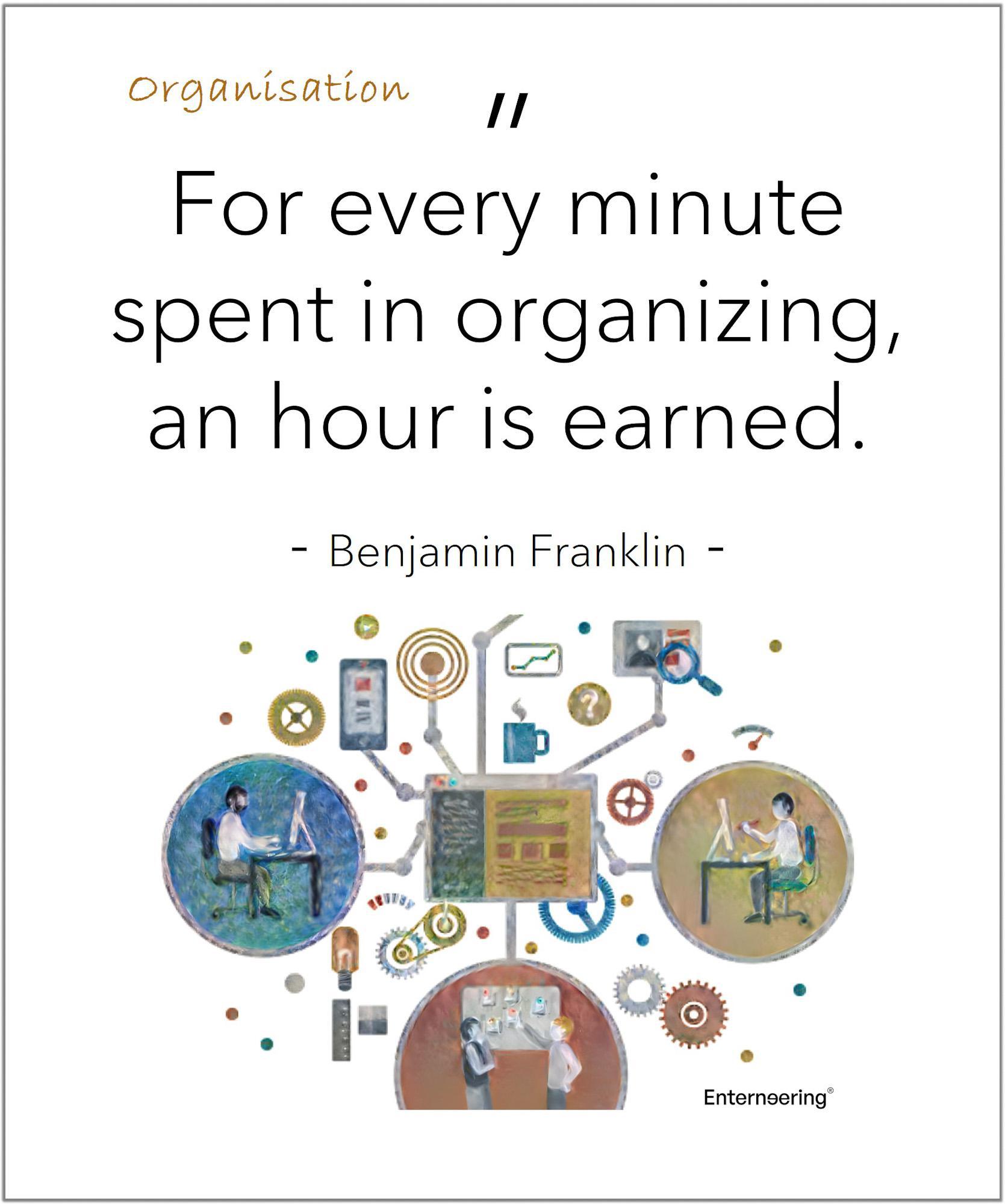
Conclusion
People with entrepreneurial responsibility who successfully implement these basics of targeted work 'on' their company establish the relevant foundations and framework conditions necessary for companies navigating increasing complexity and relevant growth in the 21st century. Probably never before has it been as crucial for companies to deal with the issues of corporate culture, people management, or corporate organisation in the context of far-reaching changes. By applying holistic systemic enterprise development, every engaged executive has a highly effective and success-critical resource at their disposal.
The first step towards this approach is to connect with it, understand the context, and develop an inner attitude and attention to it. Only then can the analytical, conceptual, or implementation steps effectively follow.
The biggest obstacle on the way to systemic success is the recognition and the decision to start. You will find everything you need for a structured start and effective implementation in Enterneering®. Visit the Enterneering® app and open up the world of smart systemic enterprise development in the 21st century.



